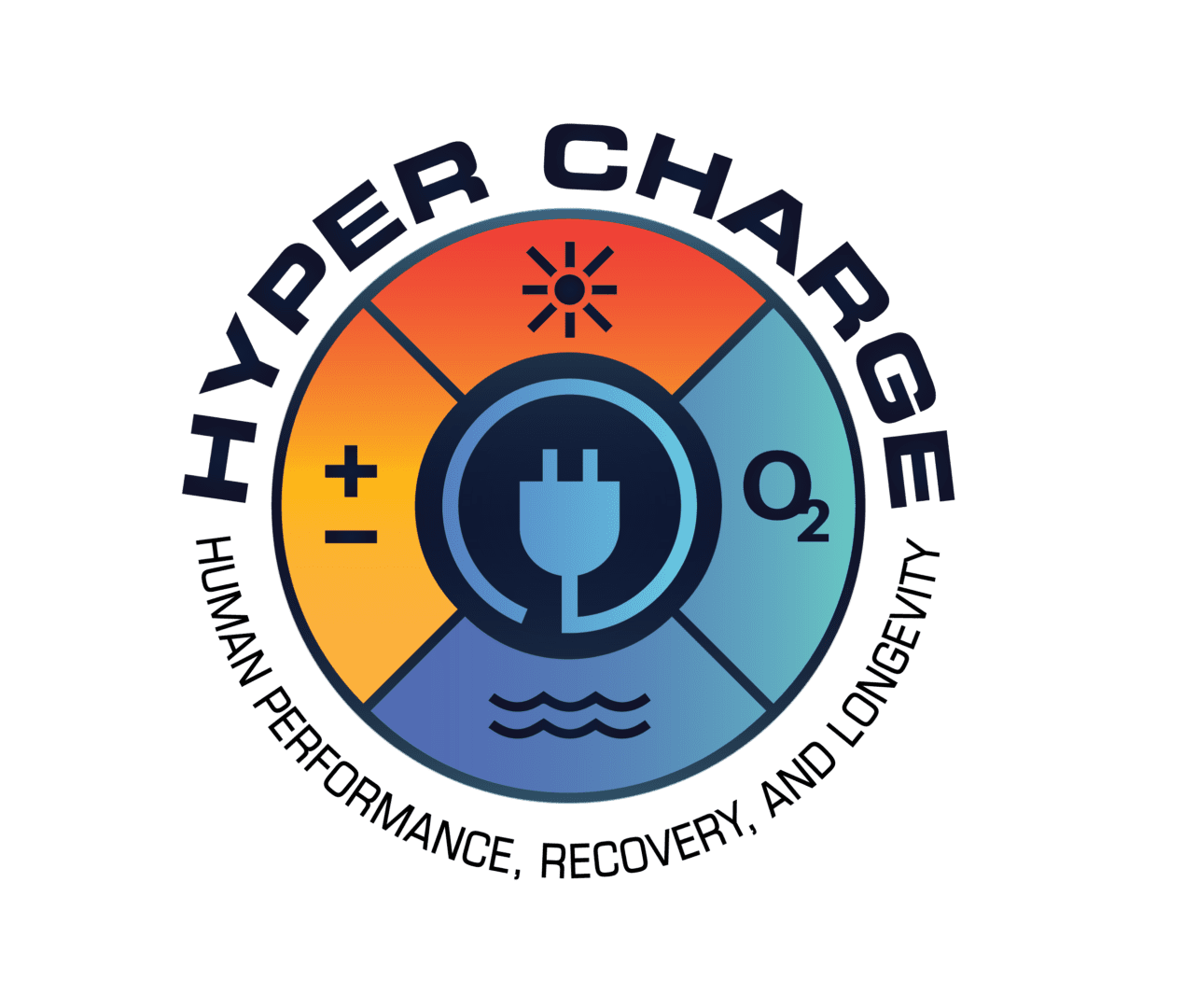When you hear the word hygiene, your mind probably defaults to things like washing your hands, taking a shower or any action that helps your body get or stay physically clean. Regularly restoring your body to a cleaner state is incredibly important for your health, and an oft-overlooked part of our hygiene routine is our sleep health. As we’ve said on the blog in the past, sleep is a restorative process that helps to rid our body of waste products and heal areas from the physical trauma of the day, so it is a hygienic process in and of itself.
When we view sleep through this lens, it becomes imperative to also have good sleep hygiene. In today’s blog, we share some tips for improving your sleep hygiene so that your body can better cleanse itself from the inside out while you’re asleep.
How Much Sleep Do We Need?
When we’re younger, our bodies are going through periods of rapid growth and development. As such, younger kids and teens need more sleep in order for their brain and body to function optimally. And while everyone is a little different, here’s a look at some of the generally-recommended sleep guidelines based on a child’s age:
- Preschoolers – 10-13 hours of sleep a night
- School-Aged Children – 9-11 hours of sleep each night
- Teenagers – 8-10 hours of sleep each night
Again, these numbers will vary based on a number of individual factors, but know that it’s completely normal for your teenager to sleep hours past your morning alarm. If your child is struggling to hit these targets, it’s important to try and shift their bedtime routine or have a conversation with them about the ideal sleep range and prioritizing their sleep health. While you’re sleeping, your body is working hard to produce hormones, burn fat, repair and develop muscle tissue and create new bone. It’s also performing these actions while you’re awake, but because you are also facing physical, mental and emotional exertion while you’re awake, bedtime provides the perfect time for your body to focus on these key processes while energy isn’t being diverted elsewhere.
Improving Your Sleep Hygiene
You’re not going to completely restore your sleep hygiene with one good night of sleep; it’s going to take some small steps to create a new sleep routine that regularly sees you achieve quality sleep. Some simple ways to improve your sleep hygiene include:
- Wake/Sleep Cycle – Try to go to bed and wake up around the same time each day. This will make it easier for your body to normalize a circadian rhythm, which will help your body fall asleep faster and wake up feeling more refreshed.
- Remove Electronics – Remove electronics from the bedroom or set some strict rules about their use. Falling asleep with the television on can cause sound or light disturbances that serve to interrupt sleep, and excessive blue light exposure from cell phones can inhibit the release of melatonin, a hormone that helps us drift off to sleep.
- Conducive Sleep Environment – Make the room conducive to quality sleep. Keep the room dark and cool so that light and heat don’t make it harder to fall asleep or stay asleep.
- Limit Napping – An occasional cat nap won’t hurt, but chronic napping can leave us feeling awake and unable to turn our brains off at nighttime, so try to limit or cut naps from the routine.
- HyperCharge Help – Finally, the team at HyperCharge Clinic can provide individual tips to improve and restore your sleep health. Whether that involves managing pain and discomfort, improving your diet and nutrition or restoring your cell health from the inside out with the help of light or laser therapy, we’re here to find the solution to your sleep issues. When you sleep better at night you can be more active during the day, and we want you to live a healthy and active life! Let us help hypercharge your sleep hygiene.
For more information on the importance of sleep hygiene or how to improve your sleep routine, reach out to the team at HyperCharge Clinic today at (952) 600-5429.
